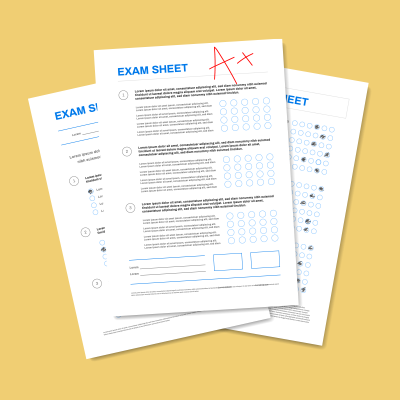You’re probably wondering: ‘How can ‘reflecting’ help me prepare for exams better?’ Well, stick with me as we discuss reflection and calibration today. If you haven’t seen the rest of our series on how to revise effectively for summer 2021 exams then do have a look at the previous posts! Reflection, in particular is something we tend to skip over or procrastinate because it’s not seen as important or a really effective way to revise. However, reflecting on what has gone well in your revision and exactly where you need to improve will not only streamline what you revise but also how long you spend doing it.
Earlier this week we shared with you one of Doceo’s key definition’s for success. Personal Development. Here at Doceo, personal development is one of our key values but what does this actually mean to us? Personal development is “a programme of …
What is reflection?
Think WWW and EBI- I know that in school these exercises can be made a bit more draining but after you’ve learnt a new topic or gone through some new material, it’s important to assess how you’ve found that knowledge. Here are some questions you can start with:
What went well?
Did I understand all of this new material?
Are there any concepts I was already familiar with?
Does this remind me of something similar which I learnt previously?
Why could have gone better?
What techniques will I use to understand this method better?
Another important point to add is to try to build in regular time for reflective practice. It might be that you do this on a fortnightly basis or decide that you’ll do it at the end of each new topic. Once you’ve done your reflection and know exactly how you feel about the topic or material you’ve just learnt, you can move on to calibration.
What is Calibration?
The author of ‘Make It Stick’ describes calibration as aligning your judgement of what you know and don’t know with objective feedback. It’s natural for us to either overestimate (or underestimate) how much we truly understand a topic in the reflection stage and whilst this is normal, having an objective view of how you actually perform when tested gives you a clearer idea of your strengths and areas of improvement.
An easy and useful way to get this ‘objective view’ would be to do a past paper or try an exam question and get a teacher or someone else to look over your response. After you receive their feedback, you can then compare it to what you had expected or how you thought you’d found that topic. This process of reflecting, getting an objective view and then do a sort of ‘second reflection’ can be quite lengthy (let’s be honest) but in the long-term, it will save you time, energy and ensure that you’re putting your efforts where needed.
Remember, the aim isn’t just to work hard but we want to work smart as well.
